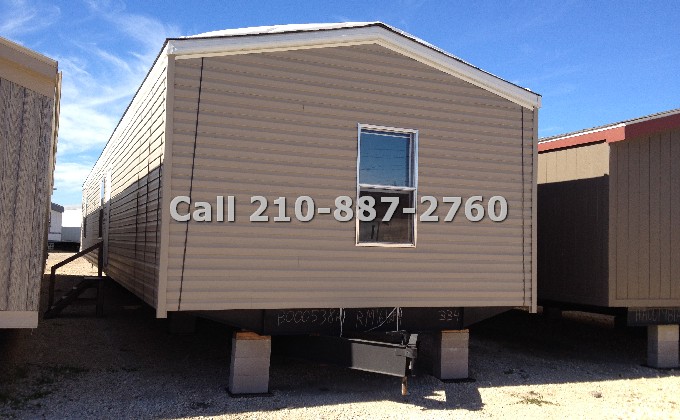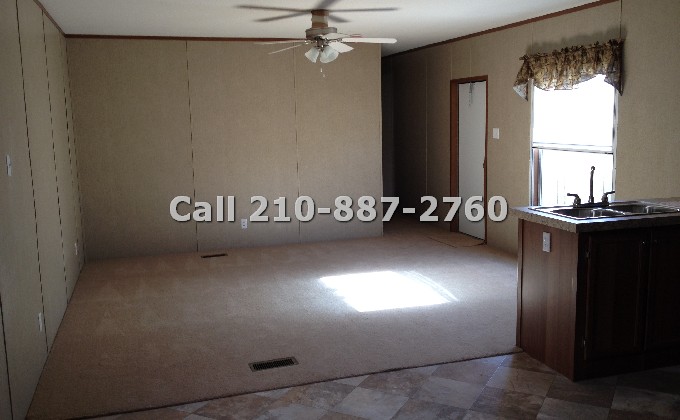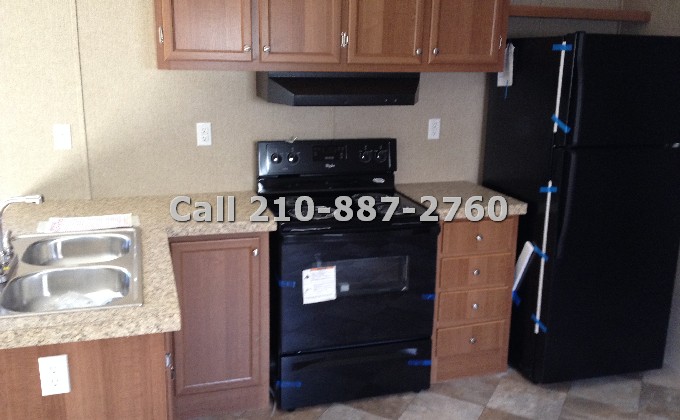Deciding between a 3-bedroom mobile house and constructing a small 3-bedroom house is a significant choice that involves weighing various factors. Each option has its own set of advantages and drawbacks, making it crucial to carefully consider your preferences, lifestyle, and financial situation.
In this article, we will explore the pros and cons of buying a 3-bedroom mobile house and building a small 3-bedroom house. By the end, you’ll have a clearer understanding of which option aligns better with your needs, helping you make an informed decision about your future home.
Should I Buy a 3-Bedroom Mobile House or Build a Small 3-Bedroom House?
The decision-making process between buying a 3-bedroom mobile house or building a small 3-bedroom house involves a thoughtful analysis of various factors. It begins with a clear understanding of personal preferences, lifestyle, and financial considerations. You as a prospective homeowner needs to weigh the advantages and disadvantages of each option, considering aspects such as customization, costs, mobility, and space requirements.
Additionally, environmental impact, location factors, and legal considerations play crucial roles in shaping the decision. The goal is to find the option that aligns best with individual needs, ensuring a well-informed and satisfying choice for a future home.
8 Factors to Consider in The Decision-Making Process
Customization and Personalization
When deciding between a 3-bedroom mobile house and a small 3-bedroom house, consider your desire for customization. Building a small house provides greater flexibility in tailoring the design to your specific preferences. You can choose layouts, materials, and finishes that reflect your unique style. In contrast, mobile houses may offer limited customization options, potentially restricting your ability to create a personalized living space that truly suits your needs and tastes.
2. Cost Considerations
Financial factors play a crucial role in your decision. Evaluate the initial costs associated with both options. Buying a 3-bedroom mobile house might seem more budget-friendly initially, but don’t forget to factor in potential long-term expenses, such as maintenance and depreciation. Building a small house may have higher upfront costs, but it can be a solid investment, potentially increasing in value over time and providing more control over your budget in the long run.
3. Mobility and Flexibility
If you value the ability to relocate easily, a mobile house might be the preferred choice. These structures are designed to be movable, offering a level of flexibility that a traditionally built house may not provide. Consider your lifestyle and future plans – if you anticipate needing to move frequently, the mobility of a 3-bedroom mobile house could be a significant advantage, allowing you to take your home with you wherever you go.
4. Time-Saving Benefits
Time is a crucial factor in the decision-making process. Buying a 3-bedroom mobile house typically involves a quicker process, as these homes are pre-built and ready for occupancy. On the other hand, constructing a small 3-bedroom house may take longer due to the various stages of planning and building. Consider your timeline and urgency; if time is of the essence, a mobile house could offer a more expedited solution.
5. Space Requirements
Assessing your space needs is essential. Evaluate the size of your family, future considerations, and personal preferences regarding living space. A 3-bedroom mobile house may meet your current needs but could pose challenges if your family expands or if you desire additional living space in the future. Building a small house allows for greater customization to accommodate your specific spatial requirements, ensuring a comfortable and functional living environment.
6. Location Factors
The location of your home is a critical consideration. Zoning regulations and neighborhood preferences may impact your decision. Research the zoning regulations in potential locations to ensure they accommodate your chosen housing option. Additionally, consider the neighborhood atmosphere – a mobile house may fit well in certain communities, while a small house may align better with others. Ensuring that your housing choice aligns with both legal requirements and the desired community atmosphere is key.
7. Sustainability of Mobile Houses
Environmental impact is increasingly important. Mobile houses can be a sustainable option, often constructed with eco-friendly materials and energy-efficient features. If environmental consciousness is a priority, a 3-bedroom mobile house may align with your sustainability goals. On the other hand, building a small 3-bedroom house allows you to choose specific eco-friendly construction methods and materials, giving you greater control over the environmental footprint of your home.
8. Permits and Approvals for Building
Navigate the regulatory landscape by considering the permits and approvals required for each option. Building a small house involves adhering to local building codes, obtaining permits, and securing approvals. On the other hand, mobile houses may have specific regulations regarding placement and zoning. Understanding and addressing these legal aspects early in the decision-making process will help you avoid potential complications and ensure a smooth journey from planning to occupancy.
Pros and of Buying a 3-Bedroom Mobile House
1. Cost Considerations
Buying a 3-bedroom mobile house is often cost-effective upfront. These homes are mass-produced, leading to lower initial costs compared to building. This affordability can be particularly appealing for those on a tight budget, allowing for homeownership without a substantial financial burden from the outset.
2. Mobility and Flexibility
Mobility stands out as a key advantage. 3-bedroom mobile houses are designed to be movable, offering flexibility in relocation. This feature is advantageous for individuals or families who anticipate changes in location, providing the ability to take their home along wherever life leads.
3. Time-Saving Benefits
Time efficiency is a notable benefit when purchasing a 3-bedroom mobile house. Unlike the time-consuming process of building a house, mobile homes are pre-constructed and ready for occupancy. This quick turnaround is ideal for those seeking a prompt and hassle-free housing solution.
Cons of Buying a 3-Bedroom Mobile House
1. Limited Customization Options
Despite cost advantages, customization options for 3-bedroom mobile houses are often limited. The pre-built nature of these homes restricts personalization, limiting the ability to tailor the living space to specific preferences. Homebuyers looking for unique designs or specific features may find these options constrained.
2. Potential Depreciation
Mobile homes may experience depreciation over time, affecting their resale value. Unlike traditionally built houses that tend to appreciate, factors such as wear and tear and the mobile nature of these homes can contribute to a decline in value. Prospective buyers should carefully consider the long-term financial implications.
3. Land and Zoning Restrictions
Land and zoning restrictions can pose challenges for 3-bedroom mobile homes. Some areas may limit or prohibit the placement of mobile houses, impacting where you can establish your home. Before purchasing, it’s crucial to investigate local regulations to ensure compliance and avoid potential legal complications.
In The End
Deciding between these housing options ultimately hinges on individual priorities. If affordability, mobility, and quick occupancy are paramount, a 3-bedroom mobile house may be the preferred choice. On the other hand, those prioritizing customization, long-term investment, and control over design may find building a small 3-bedroom house more aligned with their goals.



